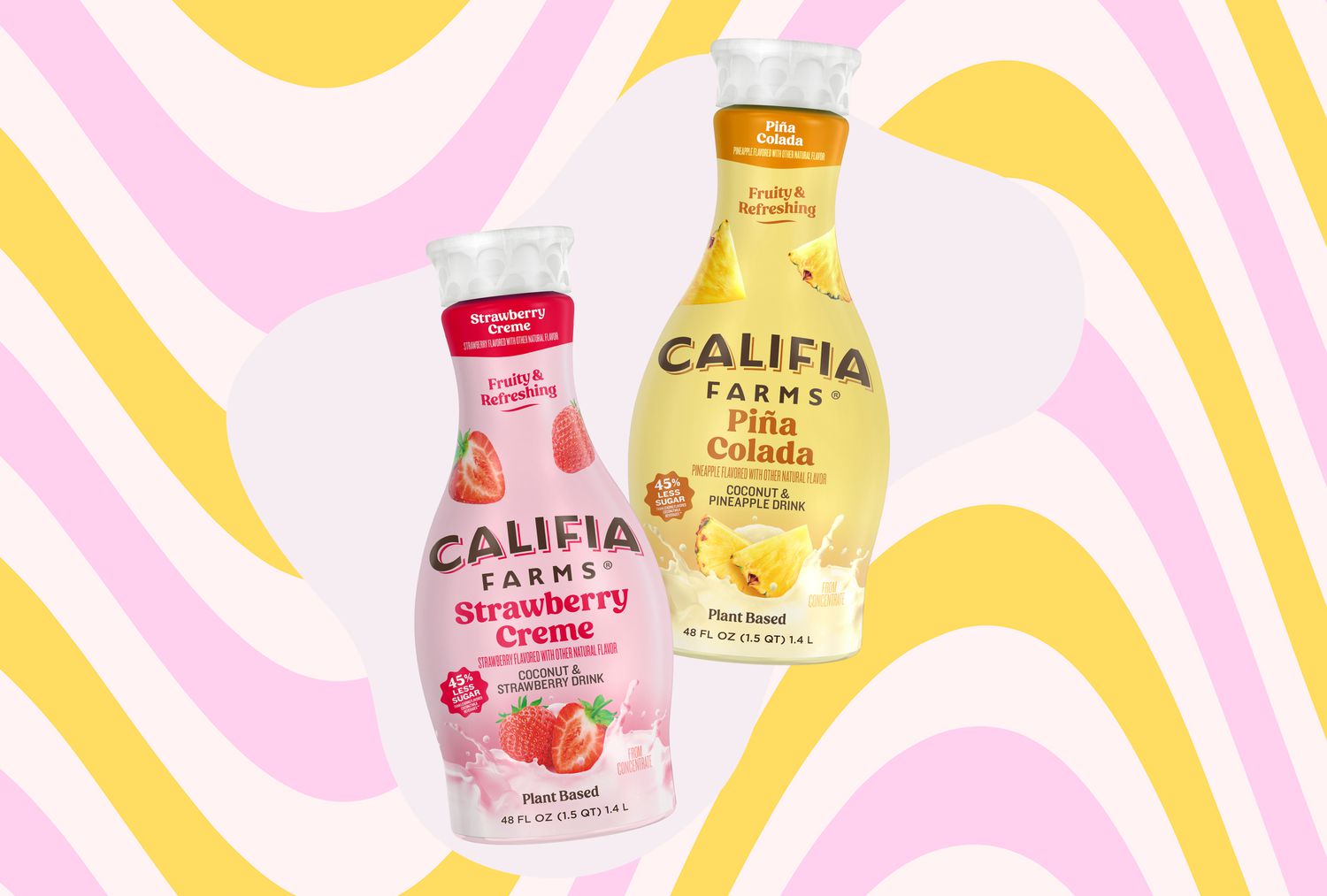
The Surprising Drink That Could Increase Your Risk of Heart Disease, According to a Cardiologist
Key Takeaways
- Drinking sugar-sweetened beverages may increase your risk of heart disease.
- These drinks are easy to overconsume, and they provide a concentrated source of added sugar.
- Limiting added sugars and practicing other healthy habits may reduce the risk of heart disease.
What do soda, lemonade, juice drinks, sports drinks, energy drinks and coffee drinks all have in common? They’re often loaded with added sugar. And while enjoying these drinks occasionally is fine, regular consumption of sugar-sweetened beverages isn’t great for your heart. “Sugar-sweetened beverages can significantly increase the risk of cardiovascular disease,” says Rosy Thachil, M.D., a board-certified cardiologist at NYC Health + Hospitals in Elmhurst, New York. Yet, it’s estimated that 2 out of 3 adults in the U.S. sip at least one of these sweet drinks daily.
Sugar-sweetened beverages are defined as liquids that have sugar added during mixing or manufacturing. Raw sugar, high-fructose corn syrup, honey and sucrose are just a few examples of added sugars you’ll find on ingredient labels. While they may seem innocuous, sweetened beverages can negatively affect numerous aspects of health, including your heart.
One review found that people who drank more sugary beverages were 27% more likely to experience cardiovascular events—like coronary artery disease, heart attack, stroke or heart failure—compared to individuals consuming lower amounts. Another study found that drinking 2 liters of sugar-sweetened beverages per week was linked with a 10% higher risk of developing atrial fibrillation (an irregular heartbeat) over 10 years compared to avoiding these beverages completely.
Considering that heart disease is the No. 1 cause of death of women and men, one of the best things you can do is to avoid or limit your intake of these sweet drinks. Here, we discuss why sugar-sweetened beverages are bad for heart health and what to do instead.
How Sugar-Sweetened Beverages Increase the Risk of Heart Disease
Consuming excess added sugar, whether in the form of desserts or sneakier sources like condiments, may negatively affect your heart. However, there’s something unique about sugar-sweetened beverages (SSBs) that makes them especially harmful. “SSBs are particularly concerning because they deliver large quantities of sugar in a liquid form. This can lead to a quick spike in blood sugar and insulin levels, and this could contribute to metabolic dysfunction over time,” explains Thachil.
These extra-sweet sips are also typically devoid of nutrients like fiber, protein or healthy fat, so the sugar enters your bloodstream quickly, causing a rapid spike in your blood sugar level. Plus, they’re easy to drink large quantities of (looking at you, extra-large movie theater cups), making it easy to exceed your daily calorie needs without gaining any real nutritional or satiating benefits.
For many, an occasional sweetened drink is unlikely to cause problems and can even be a fun, enjoyable part of the diet. However, more serious health issues may arise when drinking SSBs becomes a regular occurrence. “Sugar-sweetened beverages are one of the largest sources of added sugar in the American diet, and high sugar intake has been linked to obesity, insulin resistance, type 2 diabetes and metabolic syndrome—all of which are risk factors for and contribute to cardiovascular disease,” says Thachil. She also notes that research shows that frequently consuming sugary drinks is also associated with higher triglycerides, blood pressure and inflammation, factors that also damage your heart.
Strategies to Reduce Your Risk of Heart Disease
Reducing your intake of sugar-sweetened beverages isn’t the only thing you can do to care for your heart. Thachil also recommends doing the following:
- Follow the Mediterranean or DASH diet: The Mediterranean diet limits the intake of added sugars and heavily processed foods and encourages eating more nutrient-rich whole foods, like fruits, vegetables, whole grains, legumes, lean proteins, nuts, seeds and olive oil. Following a Mediterranean-inspired diet has been linked with numerous benefits for heart health. While similar to the Mediterranean diet, the DASH diet limits sodium intake and is specifically designed to manage hypertension, a major risk factor for heart disease.
- Limit your intake of ultra-processed foods: Along with sweetened drinks, examples of ultra-processed foods include processed meats, frozen pizza, commercial desserts, salty snacks and more. It’s estimated that these foods make up more than half of the average American’s diet. Research shows that folks who eat the most ultra-processed foods have a higher risk of heart disease, coronary heart disease and stroke.
- Move your body regularly: Whether you love to run, bike, practice yoga or go for a brisk walk with a friend, getting your heart pumping is a good thing for your longevity. In fact, getting regular physical activity is one of the best things you can do for your heart.
- Manage stress: We all have stress, but without implementing strategies to help bring stress levels down, you may be more likely to engage in habits that could be harming your heart, like reaching for less-healthy foods or being sedentary. Whether you like yoga, quiet walks outside, long showers or lunch with friends, identify a few easy things you can do each day to help boost your mood and lower stress.
- Get good-quality sleep: Getting adequate, good-quality sleep sets the foundation for an overall healthy lifestyle. Not only can inadequate sleep worsen your mood, but it’s also linked to high blood pressure, type 2 diabetes and obesity. Aim for at least seven hours of uninterrupted sleep per night.
- Quit smoking and limit alcohol: Smoking accelerates the hardening of your arteries, which increases your risk of heart attack and stroke. If you smoke, talk to your doctor about steps you can take to quit. Likewise, although alcohol has enjoyed a reputation as a heart-healthy drink, it can also increase your blood pressure. The American Heart Association recommends moderate alcohol intake, which is no more than one drink per day for women and two drinks for men.
The Bottom Line
While the occasional glass of lemonade on a hot summer day can fit into an overall healthy diet, drinking sugar-sweetened beverages regularly could place you at an increased risk for heart disease. These drinks provide a concentrated source of added sugar, are easy to overconsume and provide little, if any, nutritional value, like fiber or vitamins. Over time, regular consumption of sugar-sweetened beverages may contribute to elevated blood sugar, blood pressure and triglyceride levels, as well as the promotion of obesity, type 2 diabetes and metabolic syndrome—all of which increase the risk of heart disease.
Limiting your intake of sugary beverages and practicing other heart-healthy habits, like getting a good night’s rest, eating a balanced diet and moving more throughout the day, can help keep your heart healthier and potentially add years to your life. Wondering what to drink instead? Try one of these dietitian-recommended no-added sugar drinks to keep you hydrated.










